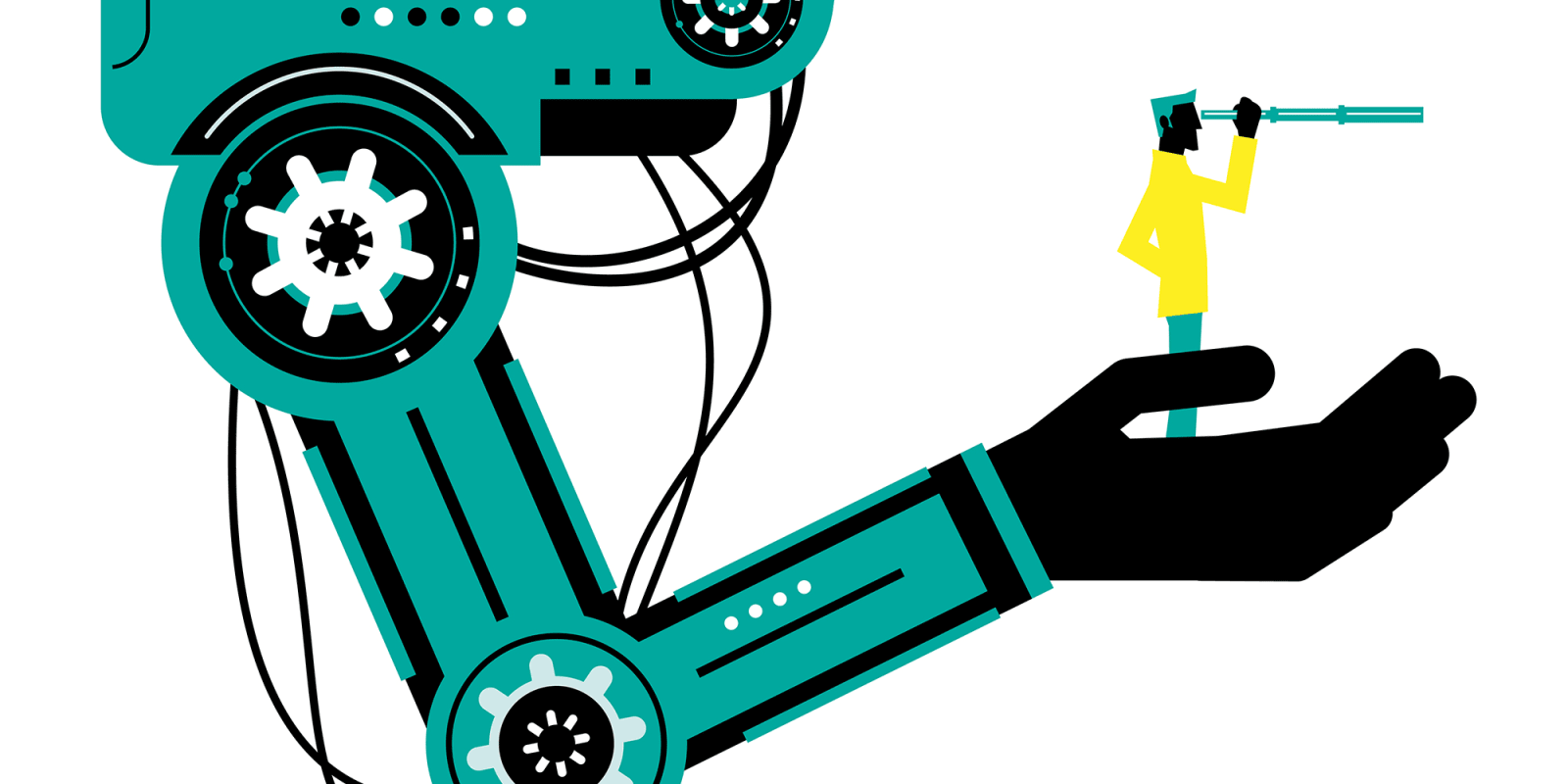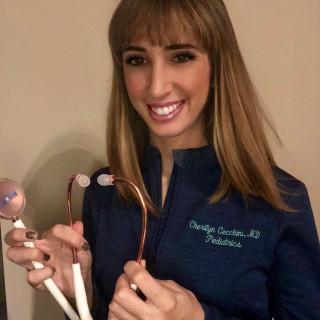
Updated on Nov. 14: This story has been corrected due to grammatical and formatting errors. Dr. Cecchini is a pediatrician, not a pediatric trainee as the previous version stated. Missing sources have also been re-linked within the story.
As a pediatric trainee, a good amount of time was spent in the emergency room. We were required to rotate through the department at least once during each of our three years of training. While I saw many high acuity cases and a fair deal of trauma patients requiring emergency level care, I also saw many non-emergent situations and treated a large number of stable patients. For example, at 3 a.m. once, a parent brought her sick child in to the emergency department (ED)—not because she was worried about her child—but rather because she needed an excuse from a physician for school. I dutifully wrote the note and sent the well-appearing child and parent home for the remainder of the evening.
Later, I couldn't help but wonder: Why did this parent feel it was appropriate to drag the child from home at this hour for a note that could simply have been faxed to her from her general pediatrician the following morning?
If she had waited to seek care the following morning and ask for the school note then, it would have been a much better use of resources. It also would have avoided an emergency room (ER) fee, which cannot be less in comparison to a routine health visit with a provider at an outpatient clinic.
Had a very sick individual arrived at the same moment, it is likely that this patient would have been waiting a significant amount of time for a provider to finally tend to this lower priority need. This sort of system breeds long wait times for patients who may not have even needed to come to the ED at all.
Such a wait could lead to patient and family dissatisfaction. This is just one example. I cannot count how many times I would see an infant or child with the "common cold" or a simple respiratory infection in the emergency department. Parents often worry that their child isn't interested in eating or has a fever (don't get me started on fever phobia...you can see my opinion on this topic here). Parental education is key here and reassurance is a huge factor. How do we encourage these parents to seek care at their child's pediatrician's office rather than the emergency department?
Moreover, how do we educate parents to go directly to the emergency room when the situation warrants this level of care?
Enter artificial intelligence (AI) platforms like Buoy Health. Buoy is an online health assistant that guides patients and or parents toward possible diagnoses and directs users to the appropriate level of care. The health technology company recently teamed with Boston Children's Hospital in an effort to curb healthcare costs and reduce triage levels significantly. In a recent analysis, of those who intended to go to the ER, 72% decided to seek care elsewhere. Every time someone uses Buoy, they save $32 dollars in the healthcare system. These figures are very encouraging to a young physician who recently trained and witnessed the pitfalls of the healthcare system firsthand.
Another impressive tool built on the idea of machine learning is called Cogito, which is a mental-health app that monitors activity on social media and phone calls in order to sense depressive episodes based on changes in communication patterns. Cogito recently partnered with Massachusetts General Hospital (MGH) in an effort to address disease trajectories for depression and bipolar disorder. This kind of behavioral data analysis allows to predict symptom relapse and enables providers to offer long-term solutions and support options for patients. Curbing major depressive episodes may potentially curb overall healthcare costs.
I firmly believe that AI will continue to be incorporated into the medical field. Rather than replace physicians, I feel that AI is going to be a valuable complementary tool. I hope that physicians everywhere embrace it as a means to improve healthcare delivery and overall patient care.
Dr. Cherilyn Cecchini is a pediatrician and a 2018–2019 Doximity Author.







